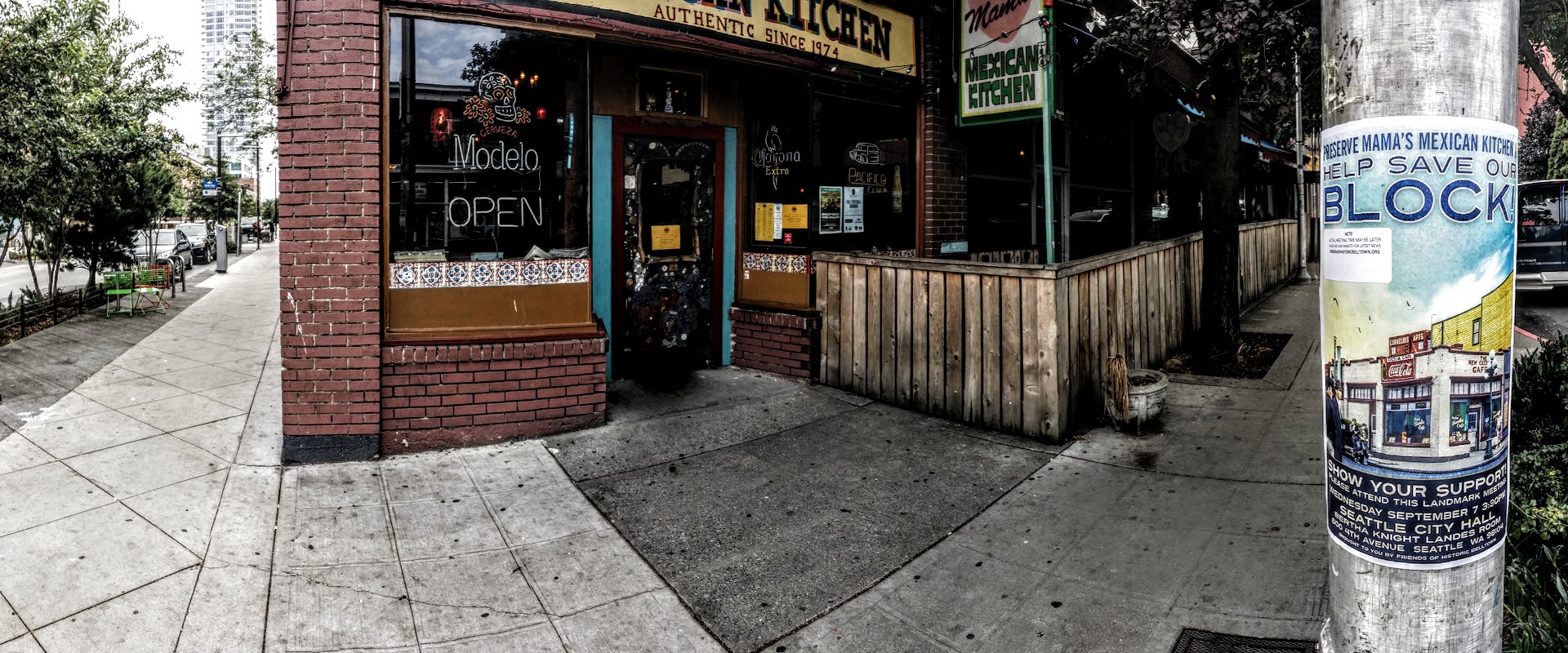
The Developer’s Argument
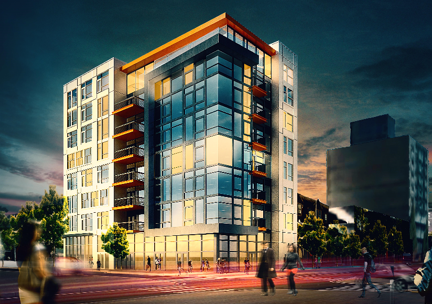
An interesting aspect of historic preservation in Belltown is that most buildings that are nominated for landmark designation are actually nominated by developers who which to tear the buildings down. This is because, under city code, buildings older than 25 years old have to go through nomination review before they can be removed. Historic preservation groups sometimes refer to such nominations prepared by developers as “anti-nominations,” because they are written by people with an inherent interest in the nomination being denied.
And so the Mama’ nomination meeting — held in the basement of City Hall — began with the landowner representatives arguing against landmark designation.
The landowner’s attorney, Jack McCullough, started out by proclaiming that “Mama’s is closed,” noting that the “old Mama’s” has been replaced with a new owner. He told the Board that it has no authority to protect a business, recalling how the Board denied the Blue Moon Tavern landmark status for this very reason.
Then the landowner’s architectural expert, David Peterson, of Nicholson Kovalchick Architects, who prepared the nomination on behalf of the landowners, began working through a PowerPoint presentation detailing how he felt the building was “typical” or below the quality of many other historic buildings in Belltown and, therefore, the building was not worthy of landmark status.
Mr. Peterson also went to great lengths to convince the Board that the back of the building was not a historic auto repair garage – countering a 2006 historic resource survey prepared by the city that determined the back of the building to be “one of downtown’s most intact examples of an auto repair garage.”
He told the board that the shop in the back (which was an auto garage for decades) wasn’t always a auto garage and housed a plumbing business at one point. He encouraged the Board to imagine the building as “Runstad Heating & Plumbing Company” and not as a historic auto garage.
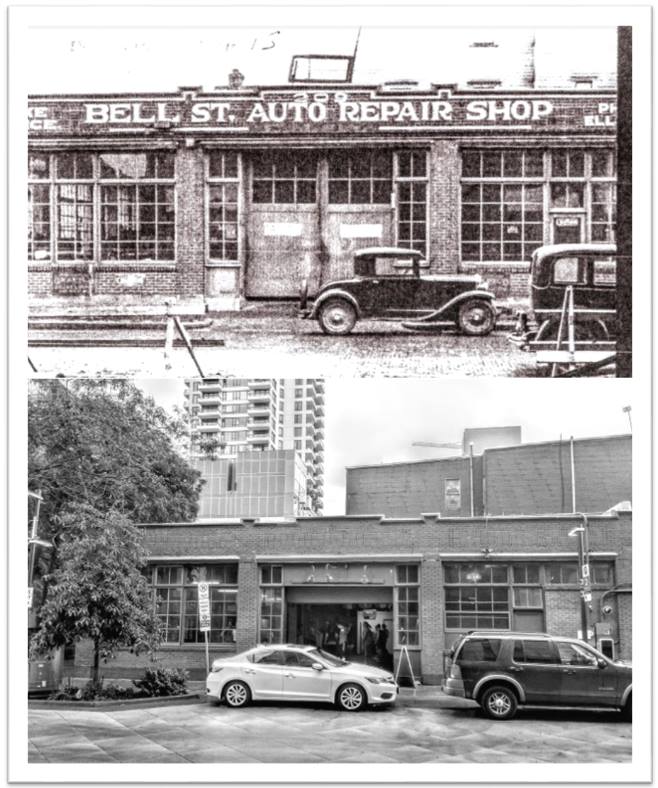
He also described several alterations that had been made to windows and storefronts, telling the board that the building was far too altered to meet the city’s standards for designation.
He also said that — counter to claims made by the community — the building isn’t a highly visible landmark, but rather is hidden by street trees.
Mr. McCullough closed the argument against the designation by stating that for plain-looking buildings — such as Mama’s — the “integrity” standards for the building must be much higher. He said the building’s common status and poor integrity (due to condition) means the board should deny landmark status.
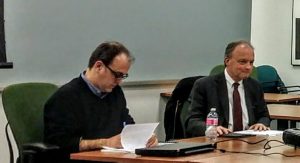
The Public Weighs In
Then it was the public’s turn to speak, and several members of the public spoke in support of the nomination.
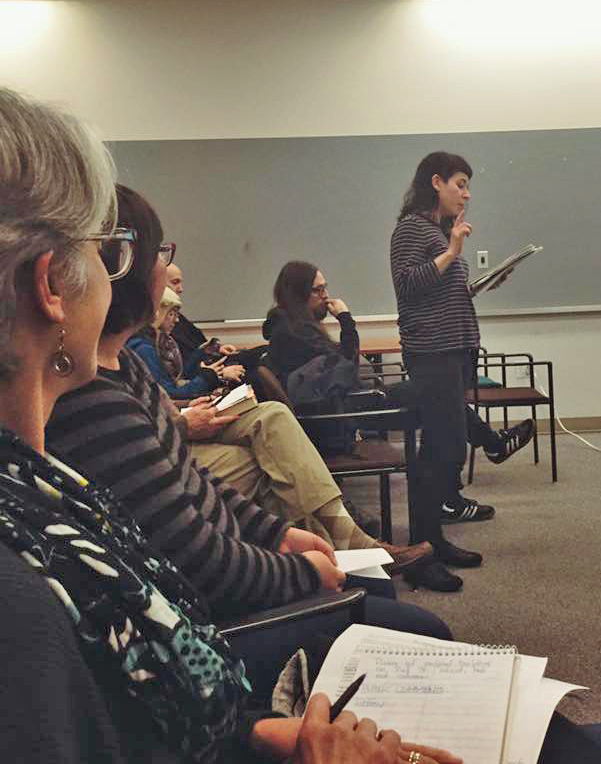
Tiffany Jorgensen of Friends of Historic Belltown argued that the building is remarkably intact, particularly the intricate windows of the auto garage portion of the building. She also noted that the building is highly visible – and is exposed to the public on three sides, two of which are public parks (Regrade Park and Bell Street Park) and the third side (the front) is along Second Avenue, which she said many consider to be the cultural center of Belltown.
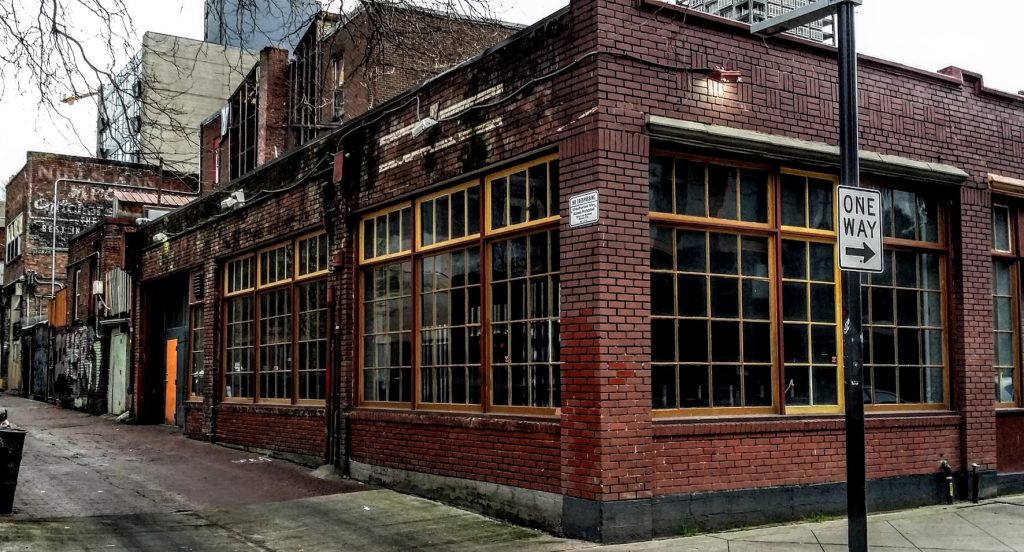
Beck Prigot, also of Friends of Historic Belltown, presented an eloquent speech describing how the Belltown neighborhood has always been a working class, blue-collar neighborhood, and that this building has the integrity and ability to tell that story.
Eugenia Woo, Director of Preservation Services for Historic Seattle, refuted the landowners’ representives claims that the building has been changed too much. She pointed out that the landmark ordinance doesn’t require that a building be perfectly preserved in order to designate it as a landmark and that we should expect that a building such as this — that has been in continuous use for almost 100 years — will have some modifications.
Other people speaking in favor of the nomination included Brooke Best, Preservation Advocacy Coordinator of Historic Seattle; Belltown Community Council members Keith Kentop, David Levinson and Terique Scott; and community member Merlee Sherman.
No one spoke against the designation.
A Careful Deliberation Focused on Integrity
The board then began deliberations which lasted more than 30 minutes. And while most board members acknowledged that it is more difficult to designate a commercial working space — compared to an ornate building one usually imagines when thinking of landmark buildings — they all felt that this building makes the cut.
Many board members stated that the building was a good representation of the historic character of the Belltown neighborhood, and they clearly disagreed with the landowner’s representatives that the building lacks “integrity.”
They said that the overall look and feel of the building remains strong. One board member corrected the fact that “integrity” — as defined by National Park Service historic preservation standards — does not mean condition, as believed by the landowner’s representatives, but rather means things such as location, design, and setting, and that using this meaning, the building has remarkable integrity.
The building needed six affirmative votes from the ten-member board to be approved. And because three of the board members were out sick, the building would have been denied landmark status if even two board members present voted against the designation.
However — the vote to approve the designation was unanimous, and the Mama’s Mexican Kitchen has become Seattle’s latest city landmark.
What’s Next?
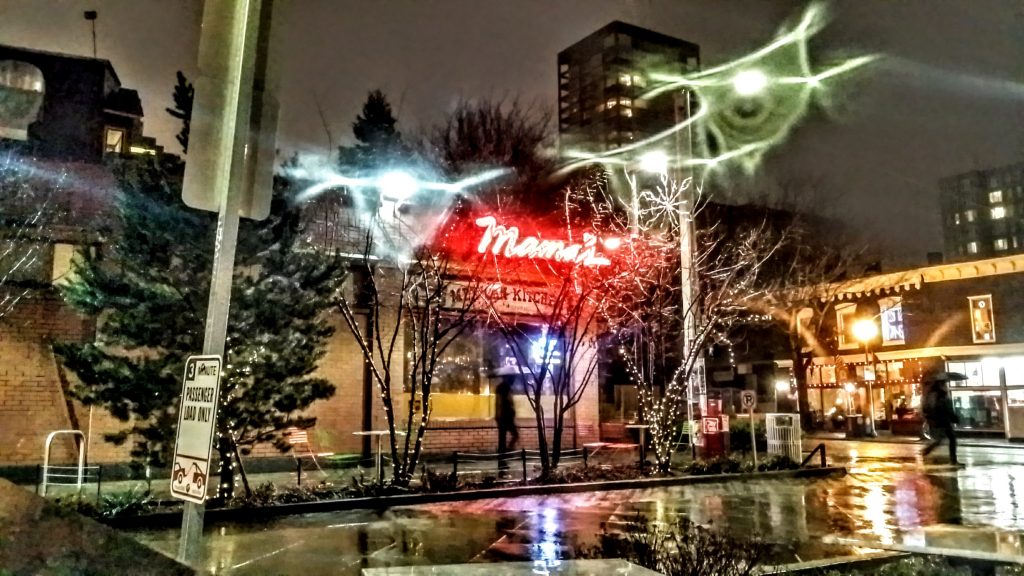 There are many possibilities for what will happen next. The landowers could appeal the designation, or they could work with the city to negotiate a “controls and incentives agreement,” according to city code. If an agreement can be reached, it will then be sent to the Landmarks Preservation Board for approval at a public meeting.
There are many possibilities for what will happen next. The landowers could appeal the designation, or they could work with the city to negotiate a “controls and incentives agreement,” according to city code. If an agreement can be reached, it will then be sent to the Landmarks Preservation Board for approval at a public meeting.
Friends of Historic Belltown is hoping that it can work with the developer and the city to develop a win-win solution to this tricky challenge of landmark preservation of private property. And while the owners are probably upset by the designation and feel it to be a financial loss — we’re hoping we can turn them around to see that the landmark status of the building is an asset, not a liability.
We believe that besides having historic value, this building has economic value. People LOVE historic buildings, and studies have found that historic buildings and districts can have great economic benefits to landowners, businesses and communities alike.
So we believe that this portion of Belltown can become an economic hot-spot of high public interest and value — for both residents and visitors.
Freinds of Historic Belltown will be working with the Belltown Community Council, Project Belltown, Downtown Seattle Association, the Department of Neighborhoods, and others to designate this area of Belltown as an Arts and Culture district. If successful, the Mama’s building will stand with other historic buildings and new buildings to create refreshing, authentic, and historic neighborhood to be enjoyed by locals and visitors alike for decades to come.
So stay tuned!!!
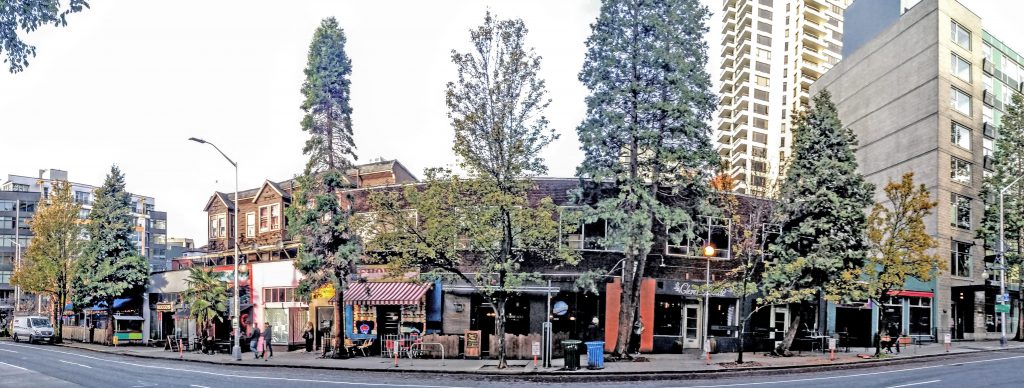

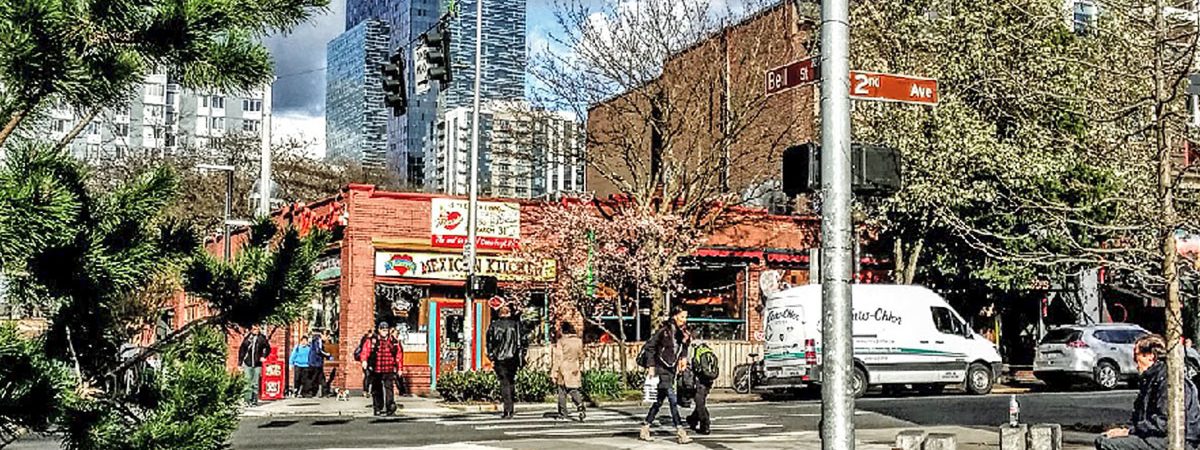
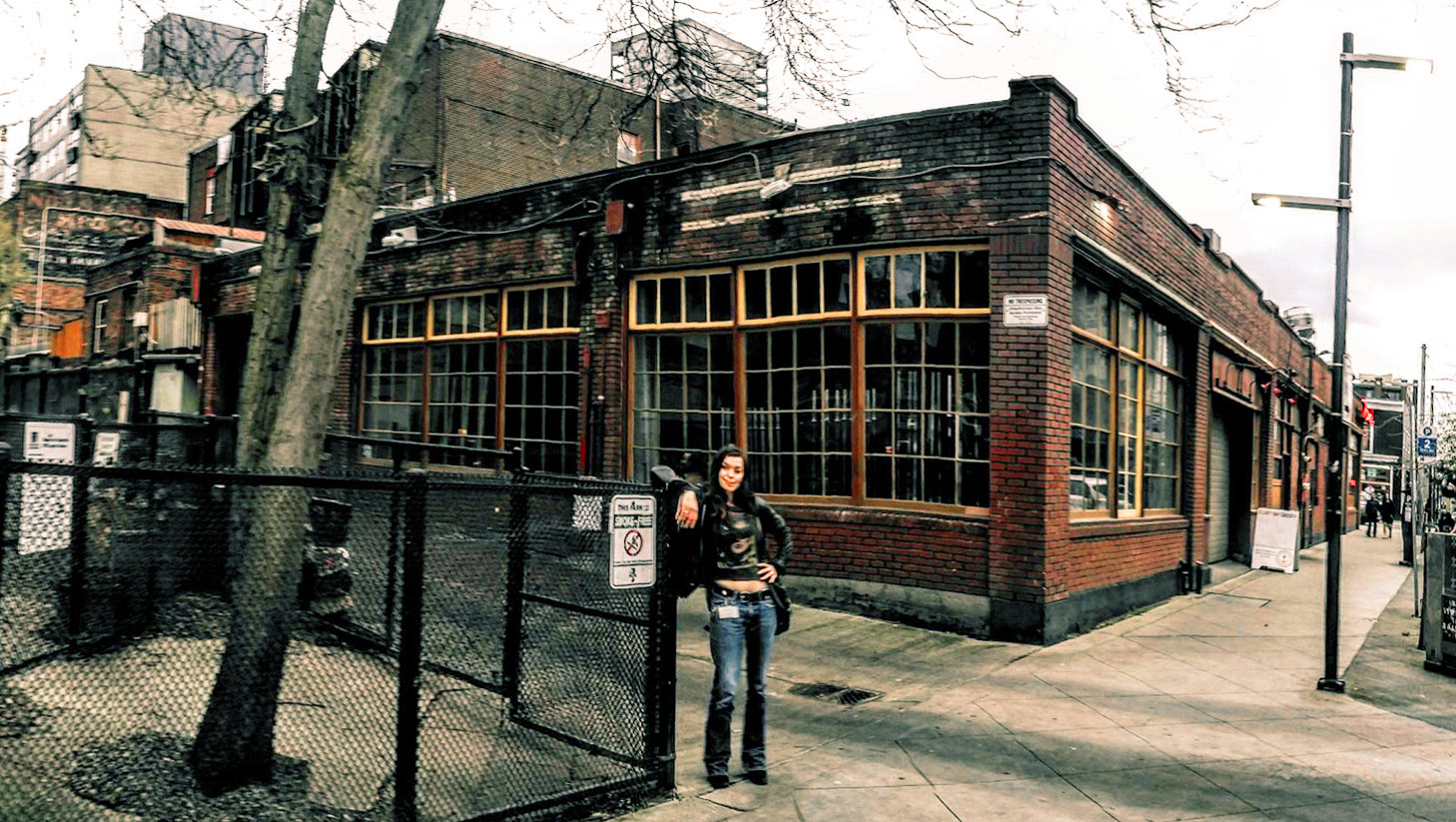
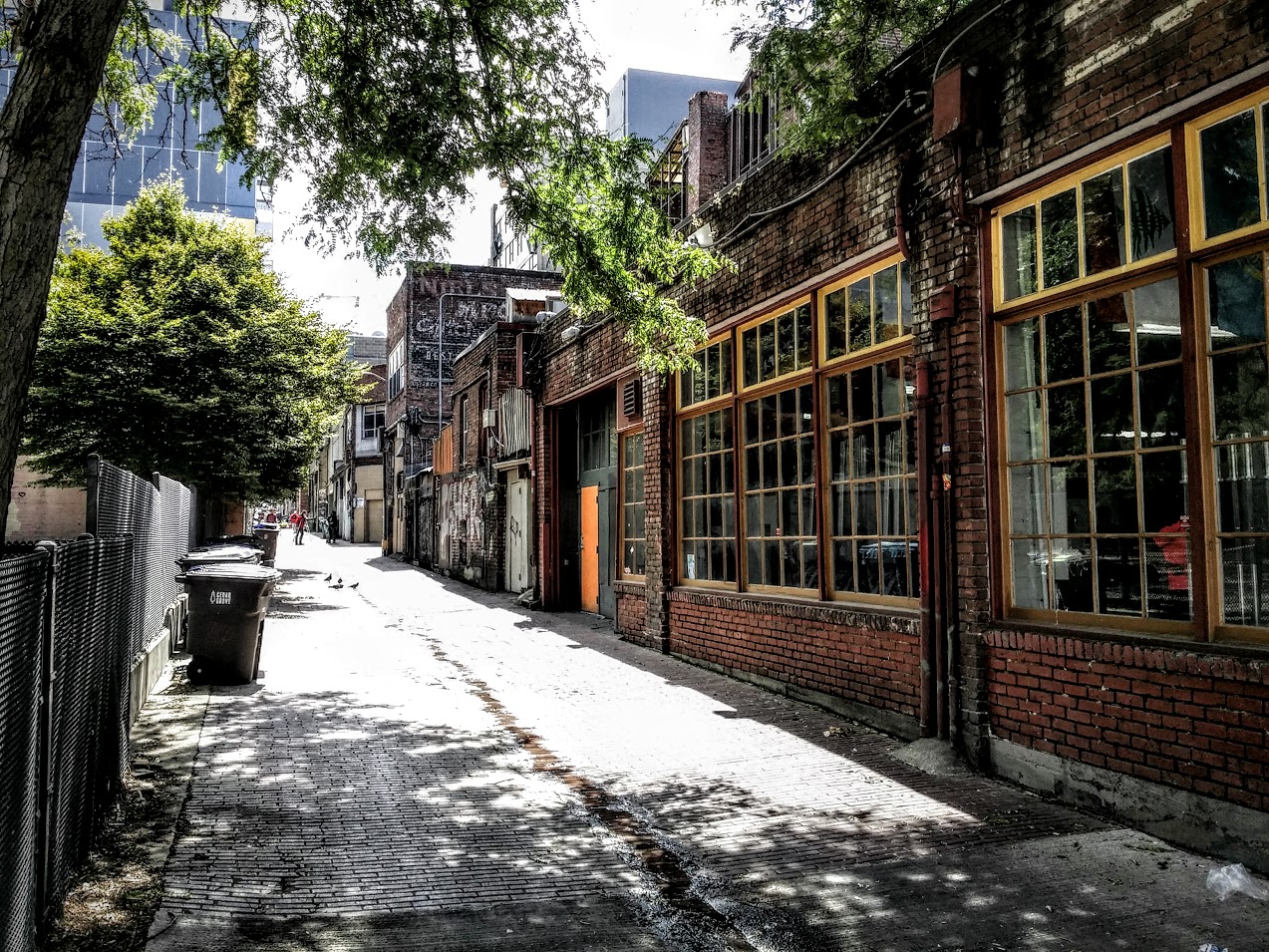
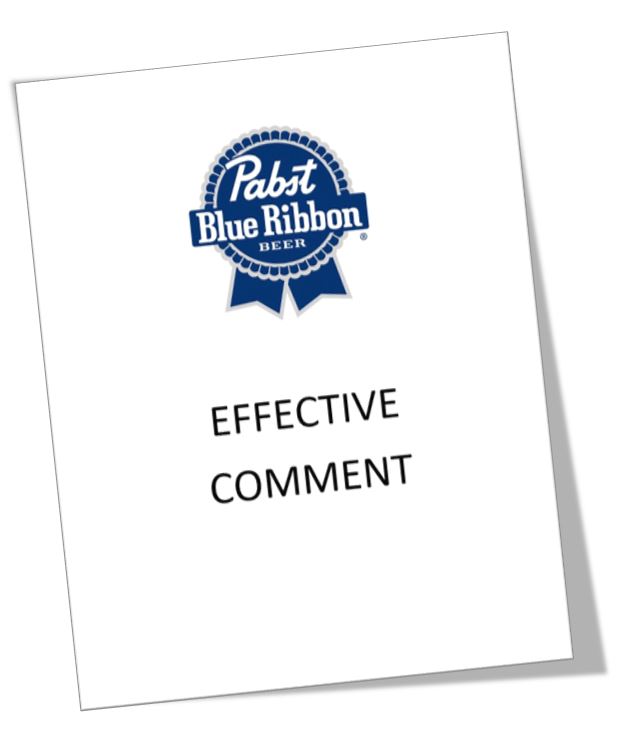 ur connection to Belltown and why you think the building is significant. To be really effective, please tie your comment to the
ur connection to Belltown and why you think the building is significant. To be really effective, please tie your comment to the  THANK YOU BELLTOWN!
THANK YOU BELLTOWN!